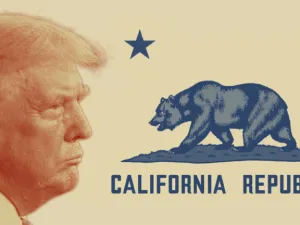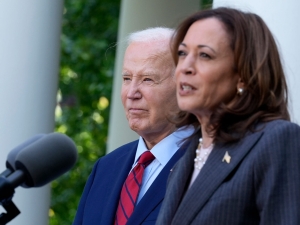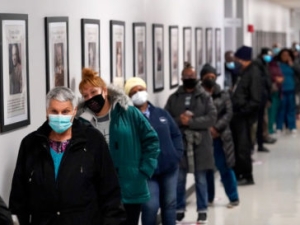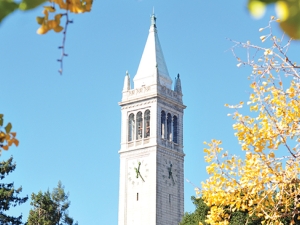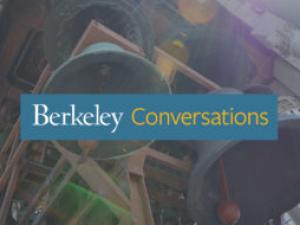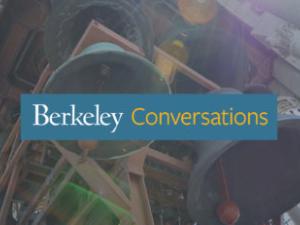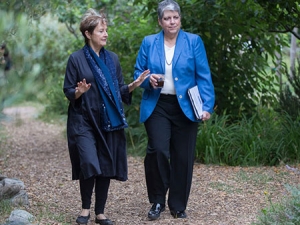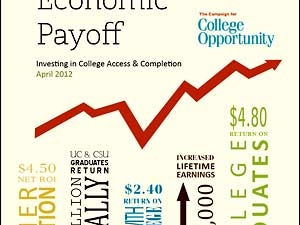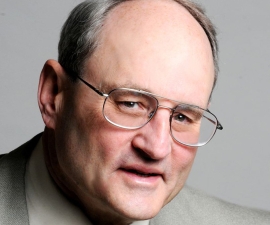

Research Bio
Professor Brady's current research interests include:
- The dynamics of public opinion and political campaigns
- Trust in institutions
- Future of California politics and public policy
- Future of democracy in America
- Unequal political participation in America.
- Strategic and foresight methods for thinking about the future
- Statistical methodology and data science
Brady has co-authored numerous books including Letting the People Decide: Dynamics of a Canadian Election (1992) which won the Harold Adams Innis Award for the best book in the social sciences published in English in Canada in 1992-1993; Voice and Equality: Civic Voluntarism in American Politics (1995) which was featured in an American Political Science Review symposium in 1997 and which won the Converse Award for making a lasting contribution to research on political behavior; Expensive Children in Poor Families: The Intersection of Childhood Disabilities and Welfare, 2000; The Unheavenly Chorus: Unequal Political Participation and the Broken Promise of American Democracy (2012), and Unequal and Unrepresented: Political Inequality and the People's Voice in the New Gilded Age (2018). He has also co-edited Capturing Campaign Effects (2006), Rethinking Social Inquiry: Diverse Tools, Shared Standards (2004, 2010), and The Oxford Handbook of Political Methodology (2008). Brady has also authored numerous articles on political participation, political methodology, the dynamics of public opinion, and other topics. He is an elected member of the American Academy of Arts and Sciences and the American Association for the Advancement of Science.
Research Expertise and Interest
comparative politics, public policy, electoral politics, political participation, survey research, program evaluation, statistical methods in the social sciences, social welfare policy, Soviet Union, inequality in America
In the News
Trump May Be Planning a Sharp, Extended Conflict with California
Shifting From Biden to Harris, Democrats Reset the Race. But Scholars See Risks.
To Solve Challenges, Californians Broadly Favor a Mix of Bold, Practical Solutions
America on edge: Berkeley scholars’ early election thoughts
Berkeley Experts Offer Critical Perspectives on Election Integrity and Security
How COVID-19 will shape the 2020 election
COVID-19: Economic impact, human solutions
Berkeley a big part of new UC initiative on global food needs
The University of California is launching an initiative to marshal resources across the UC campuses — including Berkeley’s 90 courses, 150 faculty and staff and multiple institutes and centers devoted to the study of agriculture and food — to address global food challenges.
Berkeley researchers find big benefits for students, taxpayers and state from funding of higher education
The State of California needs to consider the whopping return on investments for higher education as it tries to balance its budget, UC Berkeley researchers say in new study, "California's Economic Payoff: Investing in College Access and Completion."

